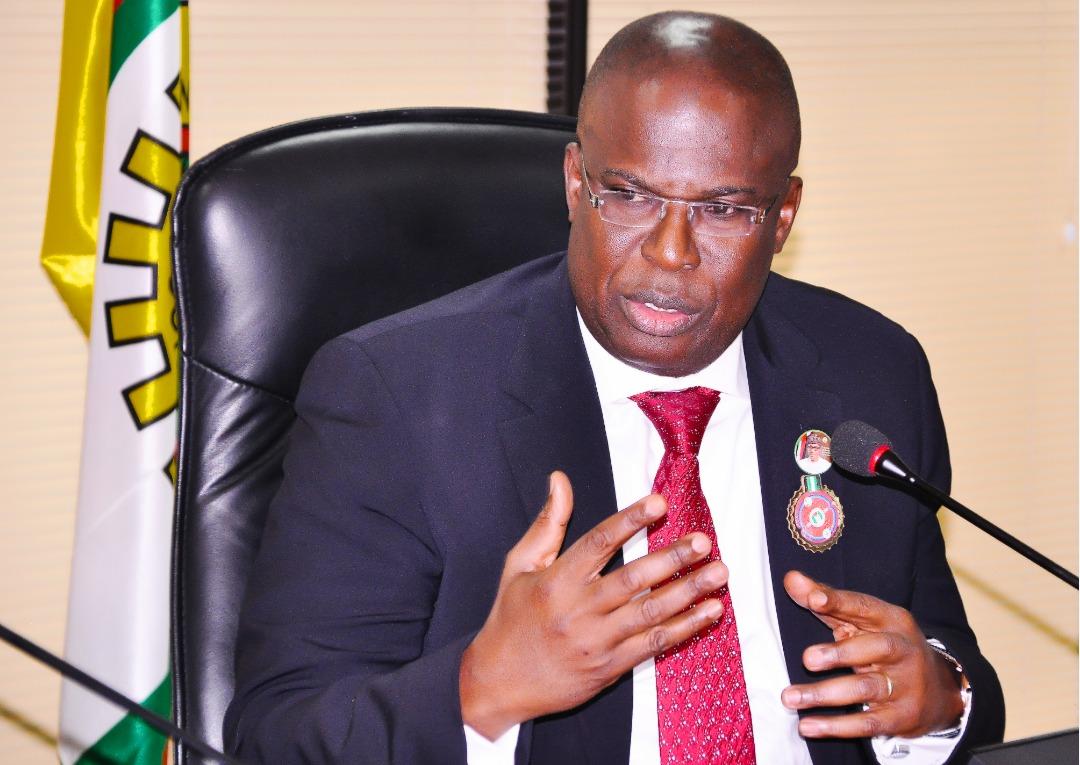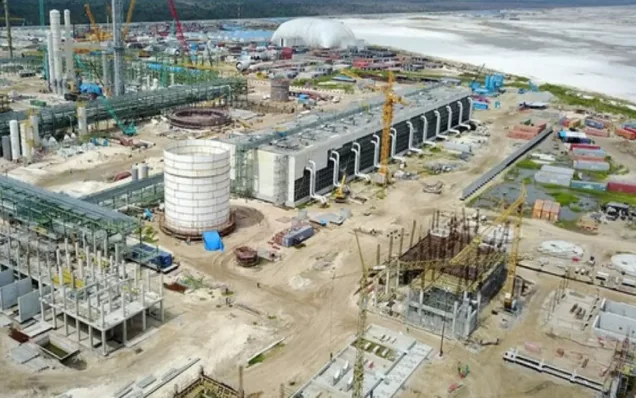Minister of State for Petroleum, Timipre Sylva
About 174 million people in Nigeria lack access to the use of Liquefied Petroleum Gas, popularly called cooking gas, the Federal Government stated on Thursday.
It said this was because of the high level of energy poverty in Nigeria, stressing that the promoters of global energy transition must adequately consider factors such as energy security and economic development.
The Minister of State for Petroleum Resources, Chief Timipre Sylva, disclosed this in Abuja at the 2022 Oloibiri Lecture Series and Energy Forum, with the theme, “Global Energy Transition: Implications on Future Investments in the Nigerian Oil and Gas Industry.”
He said, “As we all know, Nigeria is still bedeviled with energy poverty. Nigeria currently has one of the highest rates of energy poverty in the world.
“Some estimates put it that only about 55 per cent of over 200 million people in Nigeria have access to electricity, while only 13 per cent have access to clean cooking.”
Going by the minister’s statement, 13 per cent translates to 26 million, hence about 174 million people across the country lack access to LPG.
Sylva, who was represented by the Permanent Secretary, Federal Ministry of Petroleum Resources, Sani Gwarzo, stated that Nigeria’s goal should be energy sufficiency in order to ensure energy security, and end the ravaging energy poverty across the country.
He argued that it was misleading to equate energy transition to getting rid of fossil fuels.
“It is actually malicious to give fossil fuels a bad name after most countries have ridden on the backs of the same fossil fuels to develop socially and economically,” the minister stated.
He added, “Energy transition is about providing clean energy, and not about discriminating between energy sources.
“In the face of the current high level of energy poverty worldwide, all energy sources will be required to achieve the Sustainable Development Goal on energy.”
Meanwhile, the Executive Secretary, Petroleum Technology Development Fund, Bello Gusau, in his address at the forum, noted that a recent publication by the Energy Information Administration projected nearly 50 per cent increase in world’s energy use by 2050, led by growth in renewable energy.
He said the publication stated that though it was envisaged that petroleum and other liquid fuels would surely remain the world’s largest energy source in 2050, renewable energy sources, which include wind and solar would grow to nearly the same level.
“Based on this projection, future investments in the Nigerian oil and gas industry may decline due to the global push for clean energy,” Gusau stated.
He added, “Today, Nigeria’s petroleum industry contributes approximately 80 per cent of the Federal Government’s revenue and 90 per cent of Nigeria’s export earnings.
“Therefore, it has become very important that we start thinking of alternative sources of energy outside the fossil-based systems of energy production and consumption (including oil, natural gas and coal), and pay more attention to renewable energy sources like wind and solar, as well as lithium-ion batteries.”
Source Punch














